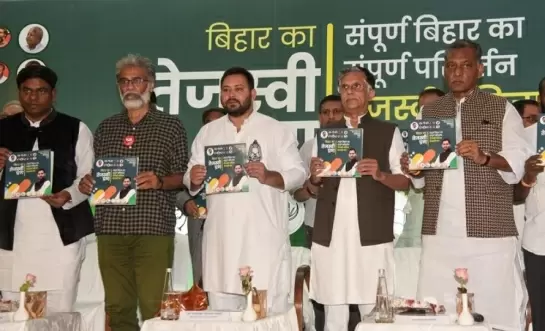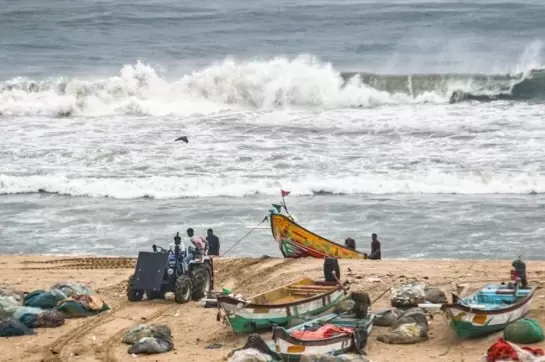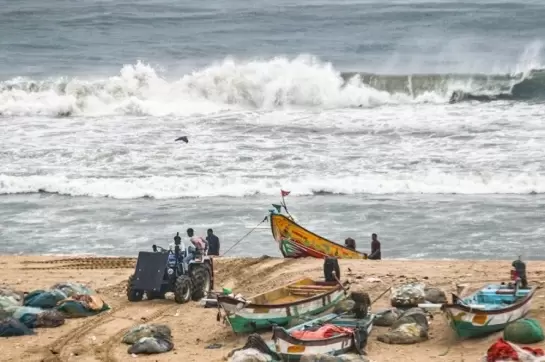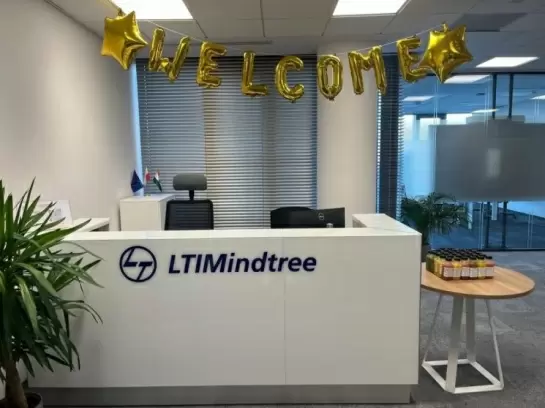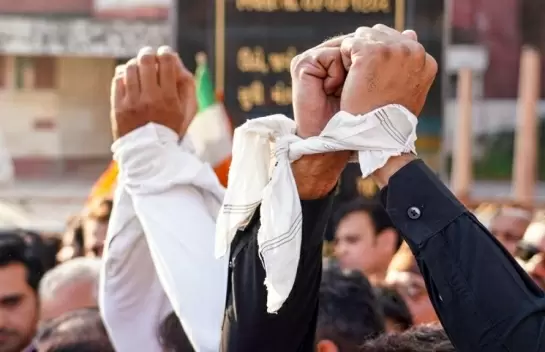Pakistan not doing enough to eliminate terror safe havens: US
11-January-2018
Pakistan has not done enough to eliminate safe havens for terrorists on its soil, new US Ambassador to India Kenneth Juster said on Thursday even as he described India as "a leading power in the Indo-Pacific region and beyond".
"I don't think we can have civilian security in Afghanistan and Pakistan if Pakistan does not contribute positively to that," Juster said in response to a question after delivering his first policy address on "India-US Relations: Building a Durable Relationship for the 21st Century" organised by the US Embassy and the Carnegie India think tank.
He said the major reason behind the suspension of US security assistance to Pakistan "is because we feel they have not done all that they could to try and eliminate terror sanctuaries in Pakistan that are contributing to the unrest in Afghanistan".
"We have made it clear we will not tolerate terrorism, cross-border terrorism or any form of terrorism or safe havens of any type."
Juster said that the US works closely with India in various ways, including information sharing, that are related to terrorism beyond just what is happening in Afghanistan.
He also lauded India for its role in the reconstruction and development of Afghanistan and said both India and the US have a shared interest in the stability and security in Afghanistan and its long-term growth both and also to prevent it from being a haven for terrorist organisations.
Stating that both India and the US bring different capabilities to this process, he said: "We feel India has made a substantial investment in economic development of Afghnaistan, be it a hydroielctric plant, be it training in India of Afghan military personnel and students. And we would like to see India continue that economic development assistance."
In his address, the Ambassador shared values and common interests inform the vision of both India and the US for the Indo-Pacific region, encompasses the world's largest and fastest-growing economies and its most populous nations.
"As the U.S. National Security Strategy recognizes, India is a leading power in the Indo-Pacific region and beyond," he stated. "For India and the United States, the Indo-Pacific is vital to the security and prosperity of our people as well as others."
Juster said that both India and the US want to together ensure a free and open region, where the rule of law and democratic principles are reflected in a rules-based order; promote respect for sovereignty and territorial integrity; guarantee freedom of navigation, overflight, and commerce, and other lawful uses of the sea; ensure that territorial and maritime disputes are resolved peacefully, consistent with international law; promote economic connectivity through private sector-led growth, free and fair trade, the use of responsible debt-financing practices, and the transparent development of infrastructure; and together, want to preserve regional stability and security, prevent the proliferation of weapons of mass destruction, and eliminate the scourge of terrorism.
"The US-India strategic partnership is designed to strengthen both countries and to have a beneficial impact on this region," he emphasised.
Juster, an old India hand who played a key role in the India-US civil nuclear agreement, said that "it is now time to make sure that the strategic partnership is a durable partnership".
"The longstanding commitment of the United States to a free, secure, and open Indo-Pacific has underpinned the stability and remarkable economic rise of this region -- to the benefit of all of us," he stateed.
"The United States will remain committed to this region -- as we are to the rules-based international order -- because our future is inextricably linked to it.
"We welcome India's leadership with us in this venture -- as partners bolstered by conviction and working with like-minded nations on a regional architecture to ensure that the Indo-Pacific -- in the words of Secretary of State Tillerson -- is increasingly a place of peace, stability, and growing prosperity, rather than one of disorder, conflict, and predatory economic policy."
In his address, Juster also touched upon the five pillars that can provide the framework for durable partnership between New Delhi and Washington: defence and counter-terrorism; economic and commercial relations; energy and environment; science, technology and health; and regional cooperation. - IANS
Messi-Kerala Row: Congress, BJP Allege Financial Irregularities in Stadium Deal
Puzhi Payani: The Lost Tamarind Delicacy of Kanyakumari
Kerala Left Faces Rift as CPI, CPI(M) Clash Over PM SHRI Education Pact
Vijay to Meet Families of Karur Stampede Victims in Mahabalipuram Today
IMD Warns of Heavy Rain in Tamil Nadu and Puducherry as Low Pressure Forms Over Bay of Bengal





